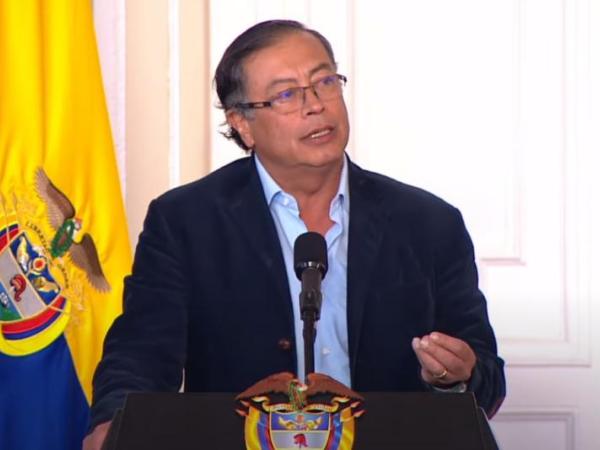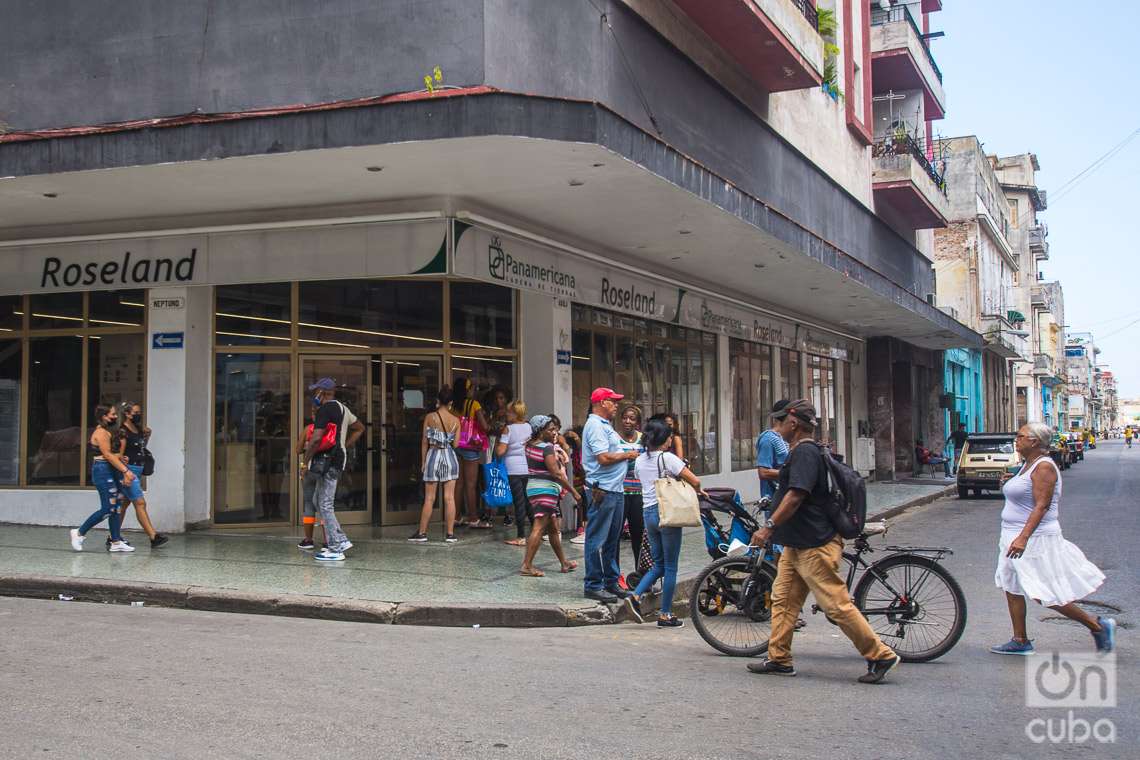A group of experts, gathered in a forum organized in Washington, in which former United States ambassadors to Colombia and Mexico took part, questioned the position that President Gustavo Petro has taken in managing anti-drug policy.
(The signals that Petro sent about the anti-drug policy that it will follow).
The event was organized by the Center for Strategic International Studies (CSIS) and the former ambassador to Colombia Anne Patterson (2000-2003; the former ambassador to Mexico, Earl Wayne (2011-2015); Admiral Álvaro Echandía (r) and Daniel Runde, vice president of this think tank, attended.
According to Anne Patterson, one of the big mistakes has to do with the positions of President Petro regarding Plan Colombia, which she has described as part of the failed touch in the war on drugs.
“Sometimes we forget how bad things were in Colombia before the plan, an almost failed state, besieged by drug traffickers and guerrillas. Mistakes were made, but there are things that worked and were successful, such as the professionalization of the armed forces, the strengthening of the judicial apparatus and many others”said the former official, who today works as Undersecretary of State for Middle East Affairs.
(The harsh criticism of US senators against President Petro).
According to Patterson, the calls for a change in the current direction are understandable, as there is frustration in the US, due to the high number of overdose deaths, and in Latin America due to the violence that persists.
That frustration, Patterson said, has given rise to the “wrong” trend now proposing legalization.
“With this you have to have strategic patience and persistence,” affirmed the official who in turn defended the extradition mechanism as a tool to combat drug trafficking.
Archive Portfolio.co
Wayne agreed that the fight against drugs has not always given the best results and that it is necessary to reevaluate and improve.
“But that does not mean abandoning. It is true that we must attack the roots of the problem. There are many poor people in areas where there is no state. Likewise, more must be done to reduce consumption. But those are long-term goals. In In the immediate term, we must face the violence generated by these cartels through the application of the law, the fight against impunity and other tools,” Wayne said, today with the Woodrow Wilson Center.
For Echandía, in the current debate there is a great mistake when the problem is defined only from the perspective of the war on drugs with social effects.
“This is a national security issue and it should include both law enforcement and economic assistance. To say that it failed is a mistake. We have won many battles and lost others, but the war has not been lost.”said the Admiral.
(Request made by Colombia to a US senator on the fight against drugs).
According to Echandía, the US should concentrate on the issues on which it agrees with Petro – maritime interdiction and intelligence – and then negotiate on those on which it does not, such as eradication and interdiction.
The Admiral affirmed, in turn, that the new government seems to have begun to soften its speech on this issue compared to what it said when it was campaigning. Something Patterson agreed on: “They talk about not extraditing but they continue to extradite”, the former ambassador said.
Runde, for his part, was very concerned about the weakening of the global consensus against illicit drugs.
“The absence of a resounding victory creates the false narrative that legalization is necessary. This false argument must be firmly rejected… Corruption or the proliferation of weapons of mass destruction are scourges that continue but that does not mean we stop fighting them. same can be said of drugs,” stresses this analyst.
With information from ET
SERGIO GOMEZ MASERI
Correspondent of THE TIME
Washington
On Twitter @sergom68







